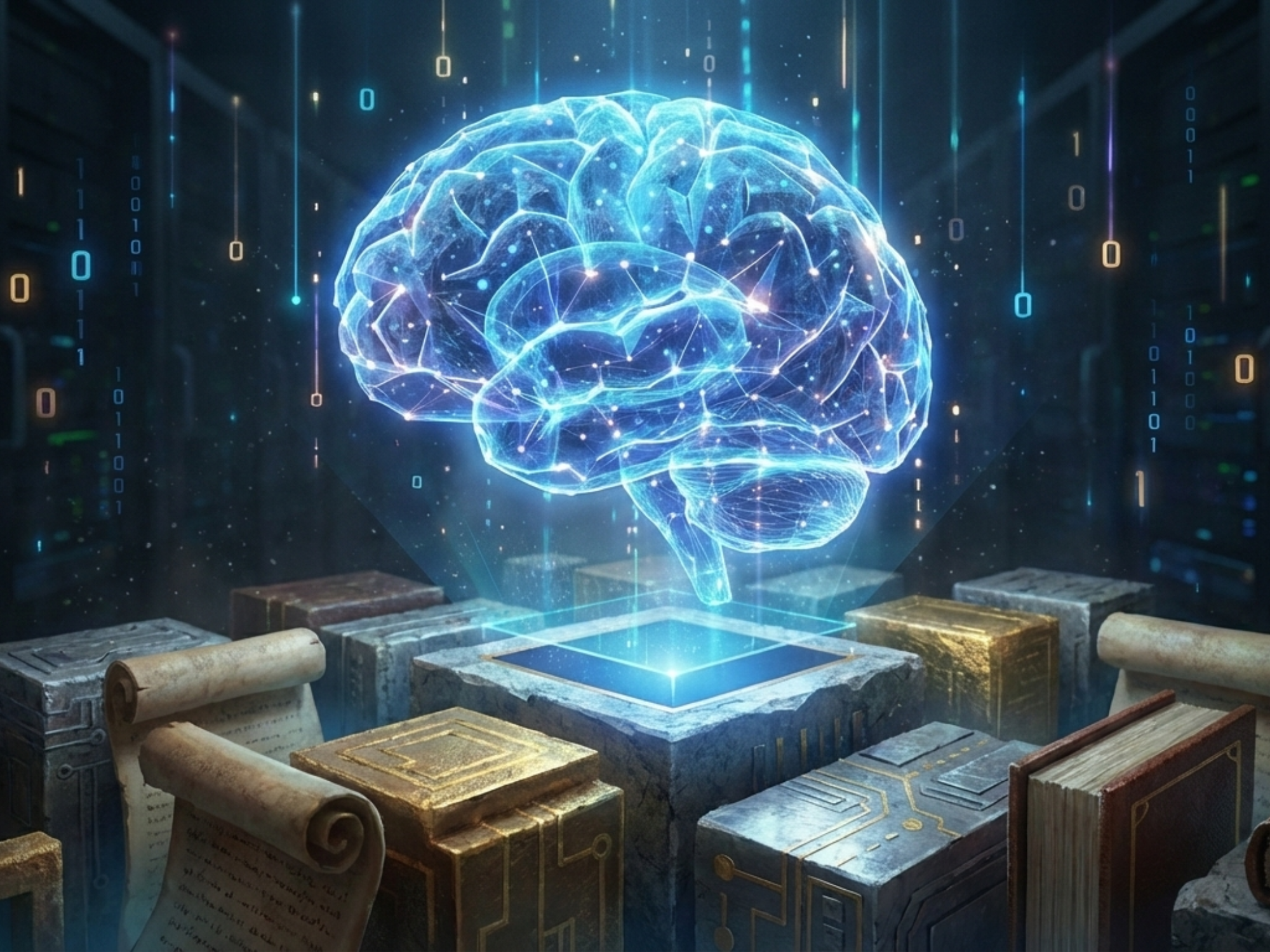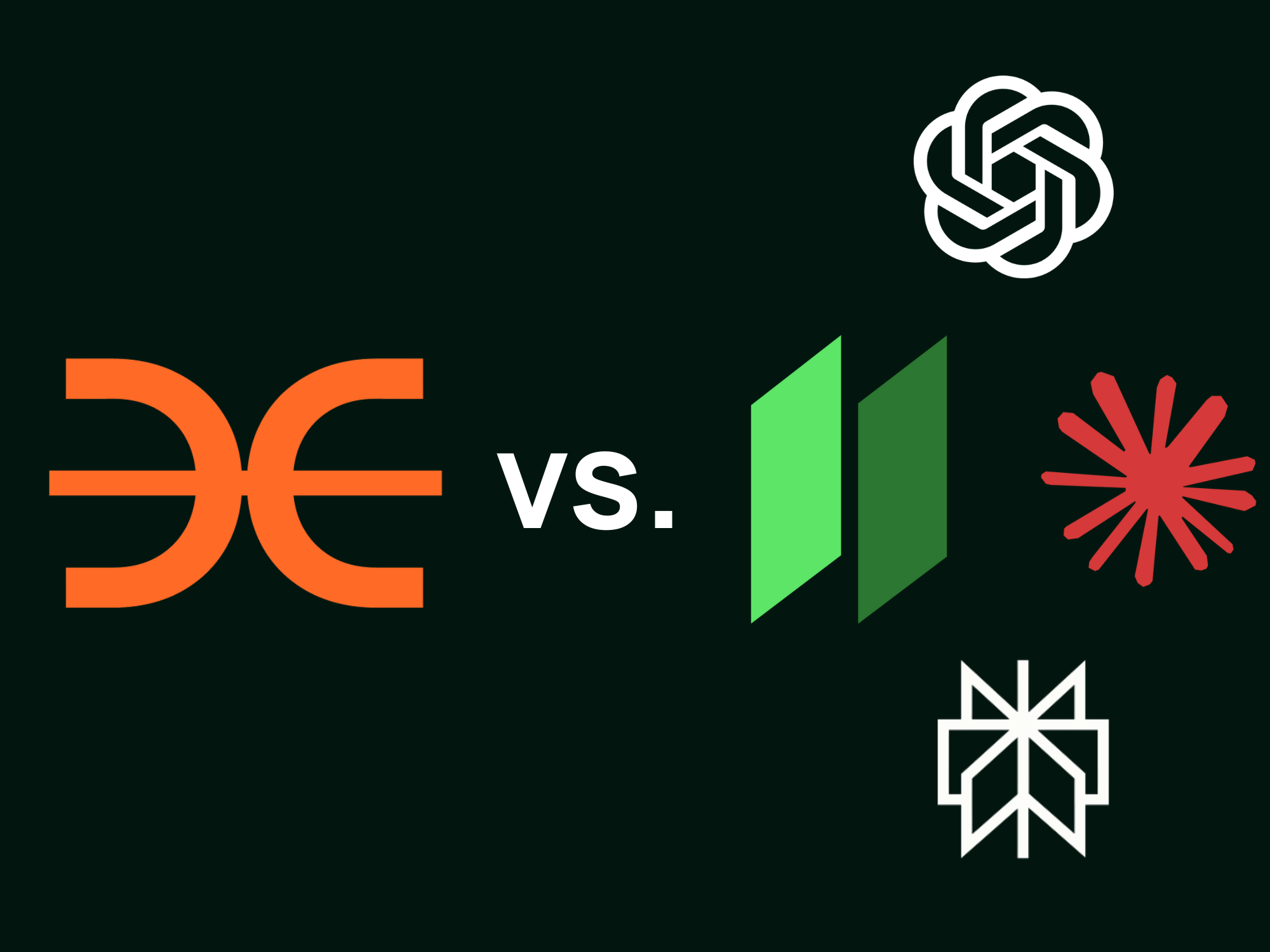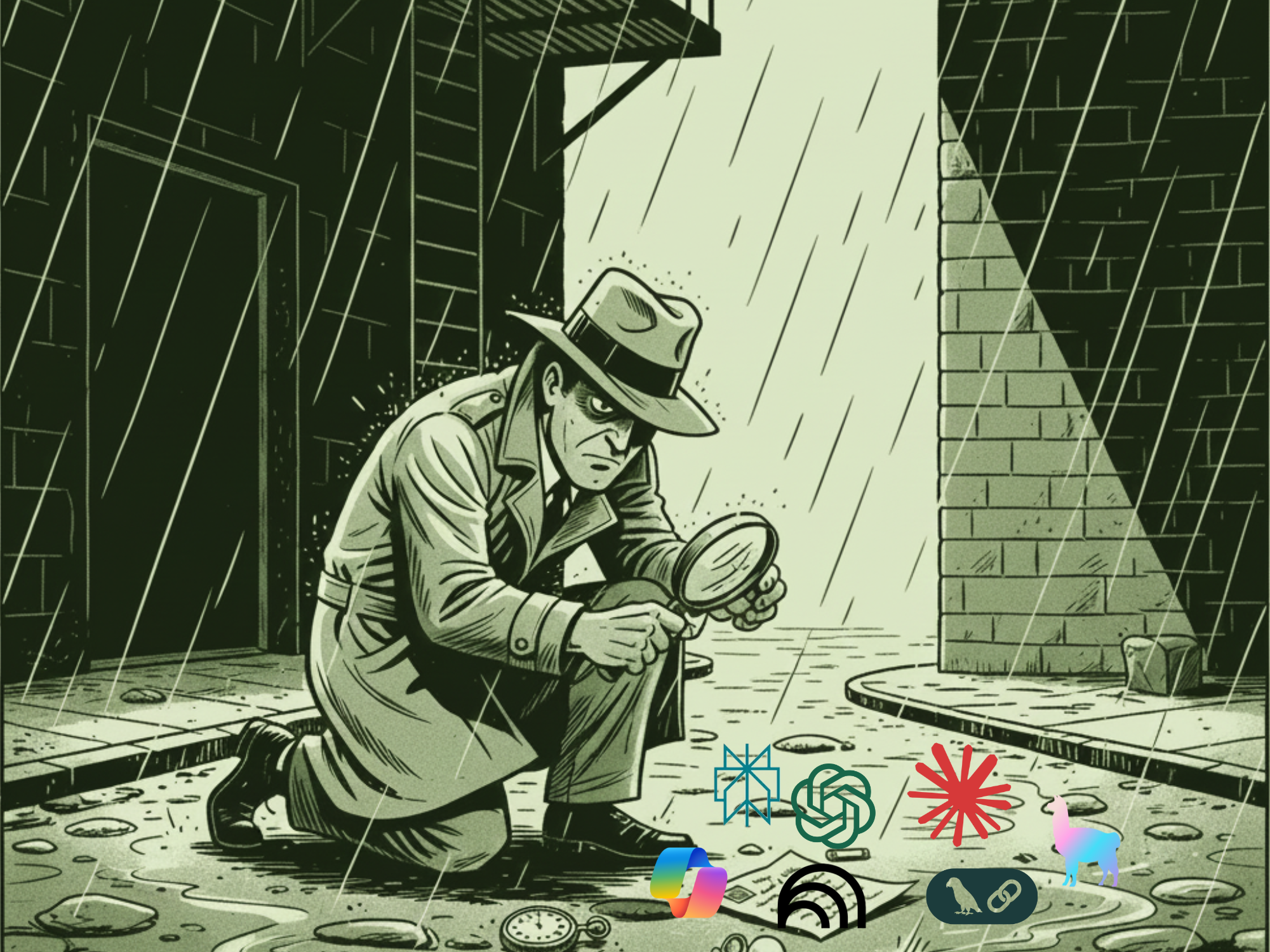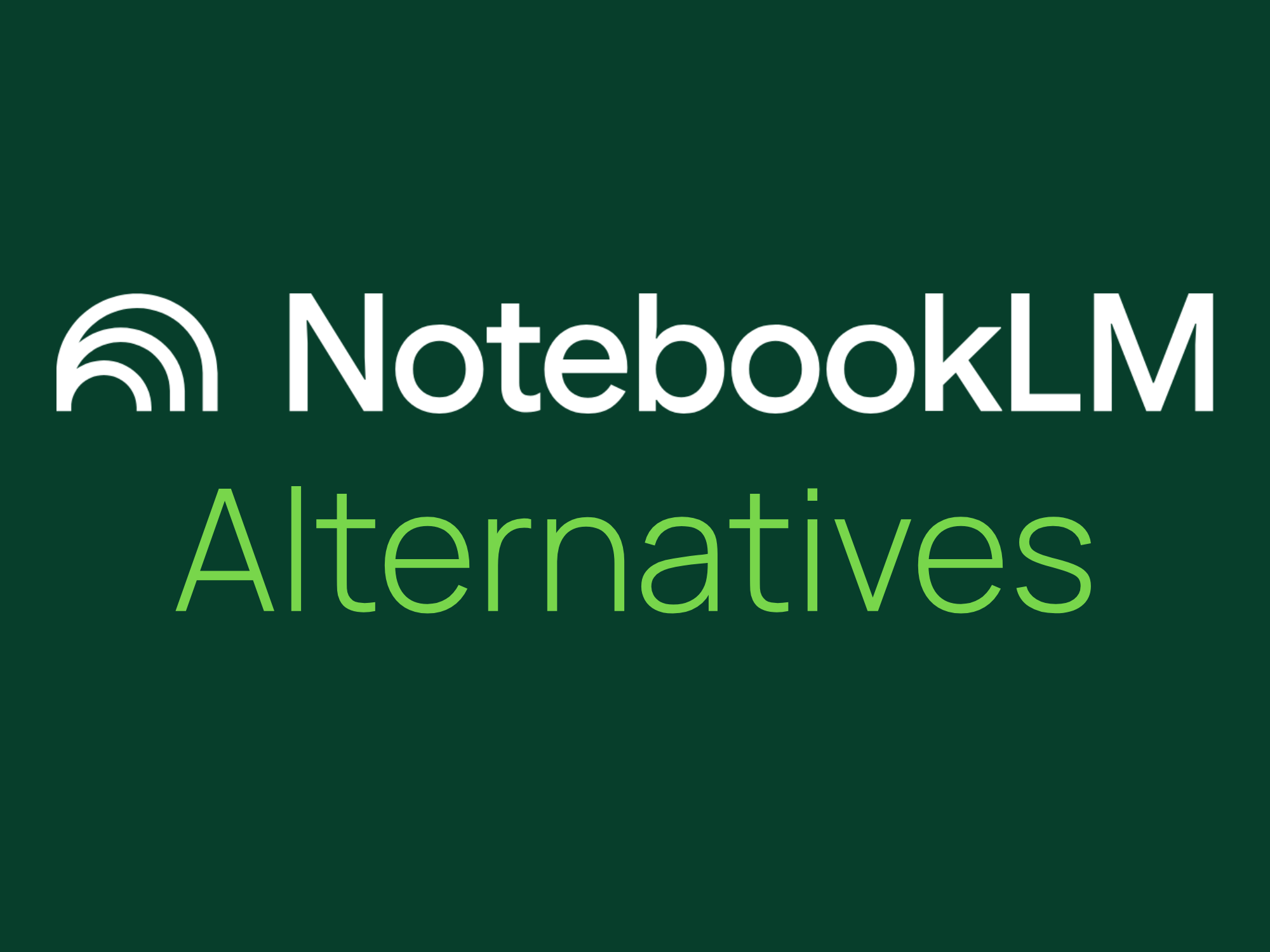The Atlas Problem: Why the Future of AI Should Emphasize Privacy and Security

With AI tools, agents, and platforms continuing to become more ubiquitous, users need to ensure that they are operating in safe, secure, private environments that won't open them up to vulnerabilities and cyber attacks.
OpenAI recently released its new Atlas browser, billed as the next leap in AI usability. It's a web agent that can browse, book, buy, and plan autonomously. In theory, Atlas turns your browser into a digital assistant that not only sees your world, but acts in it.
But here’s the catch: when an AI sees everything you see, and remembers it, that can certainly mean convenience...but also exposure.
Security experts are already sounding alarms. Atlas doesn’t just read web pages. It interprets and learns from your browsing patterns, history, and online behavior. It’s the first mainstream example of an “agentic browser," one that doesn’t just serve you information, but uses it to do things on your behalf.
That opens an entirely new class of cyber risk: prompt injection attacks, where malicious instructions hidden in websites or emails can trick the AI into leaking sensitive data, executing unauthorized transactions, or exposing private accounts.
As one cybersecurity leader put it: “If the AI has access to sensitive data, accounts, or financial tools, the consequences can be devastating.”
Atlas’s release highlights something fundamental about where AI is heading, and why private AI workspaces are quickly becoming not just a preference, but a necessity.
When “Agentic” Becomes “Intrusive”
Traditional browsers are static. You click, they render. End of story.
Atlas, on the other hand, adds an intelligent layer that observes, interprets, and learns continuously. Over time, that creates a persistent behavioral model of the user. Essentially, a long-term representation of what you read, search, click, and buy.
It's easy to see the potential benefits and efficiencies of this type of tool. It’s also not hard to see where this could go wrong. A single successful exploit doesn’t just affect one session. It can poison the model itself, changing what the AI believes about your data, or even how it behaves in future interactions.
Researchers are calling this the next generation of cyberattacks: scalable, subtle, and self-improving. Unlike typical malware, prompt injections can be run locally, refined iteratively, and deployed at scale, “turning cyberattacks into a scalable science experiment" according to Nati Tal, head of research at security firm Guardio Labs.
This isn’t just a technical problem. It’s a trust problem. And it’s exactly why organizations are rethinking how, and where, they deploy AI.
The Case for Private AI Workspaces
If Atlas represents the “open” model of AI (think: where data and activity flow freely between the user, the web, and the model) private AI workspaces represent the opposite: a contained, controlled, and contextual environment where data doesn’t leak and models don’t wander.
A private AI workspace is a closed ecosystem where AI operates solely within the boundaries of your organization’s content, permissions, and governance rules.
That means:
- No web access unless explicitly granted.
- No learning from user behavior beyond the workspace.
- No external dependencies that could become vectors for attack.
- Full auditability of what the AI sees, references, and says.
Instead of your data feeding a public model, the model works for your data...securely, transparently, and with verifiable sources.
This approach doesn’t just reduce risk. It also restores agency to the organization. You decide what the AI knows, what it can do, and who it can answer to.
Privacy Isn’t a Feature. It’s the Foundation.
As AI becomes more embedded in everyday tools (ie: browsers, email, docs, and workflows) the lines between “assistive” and “invasive” will only blur further.
That’s why privacy and governance can’t be bolted on after the fact. They have to be designed into the core of the system, the same way encryption became a non-negotiable standard for cloud computing.
Atlas could still certainly turn out to be an amazing productivity tool. But, we shouldn't ignore the vulnerabilities and risk it presents. The next generation of AI platforms will succeed when they can prove that they not only do more, but they also do it safely.
The Takeaway
OpenAI’s Atlas is a fascinating experiment, but also a flashing warning light. The more power we give to autonomous AI systems, the more careful we have to be about where and how they operate.
A browser that can book your trip can also reserve you a front row seat to a cyberattack if it gets tricked.

.svg)


.svg)






